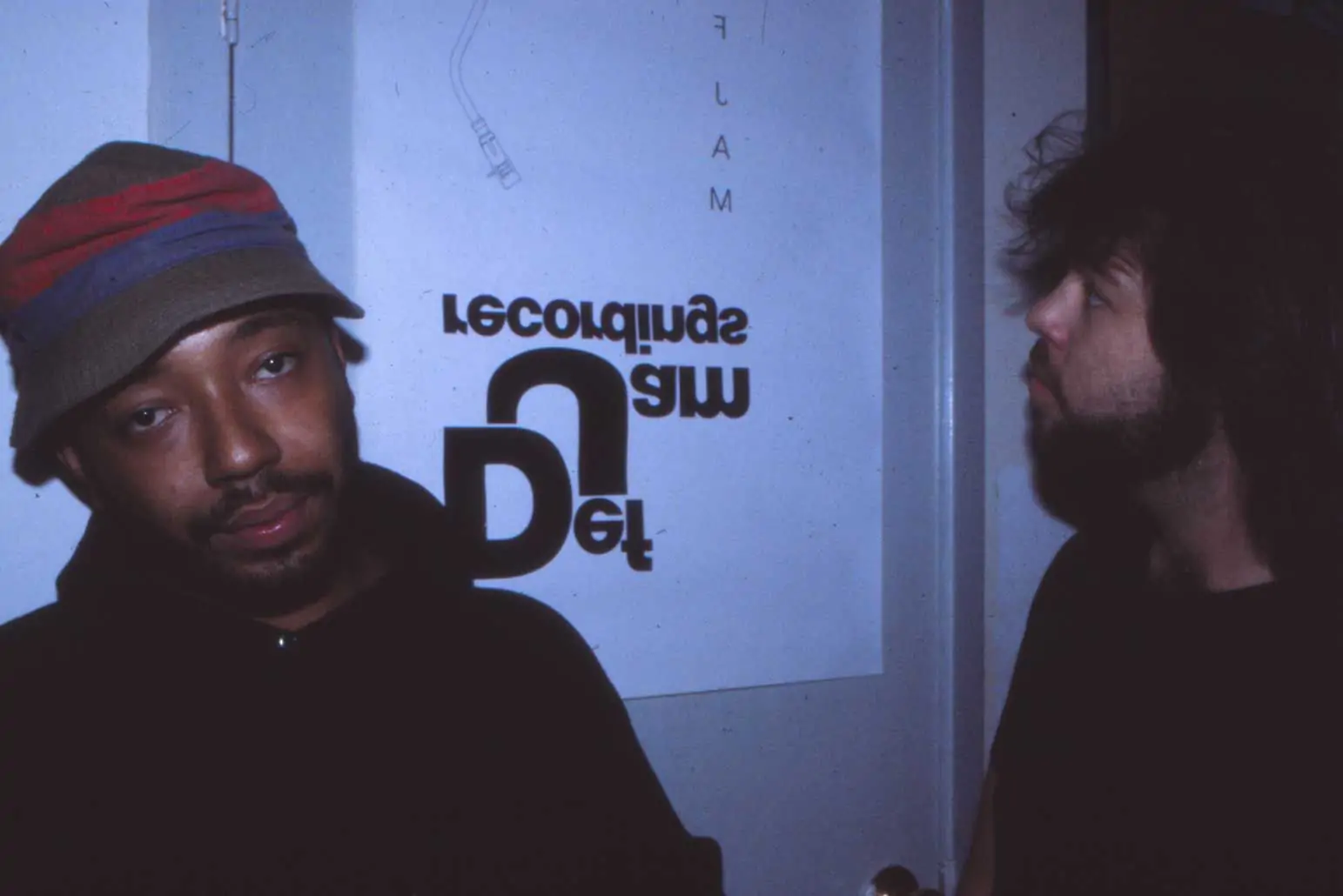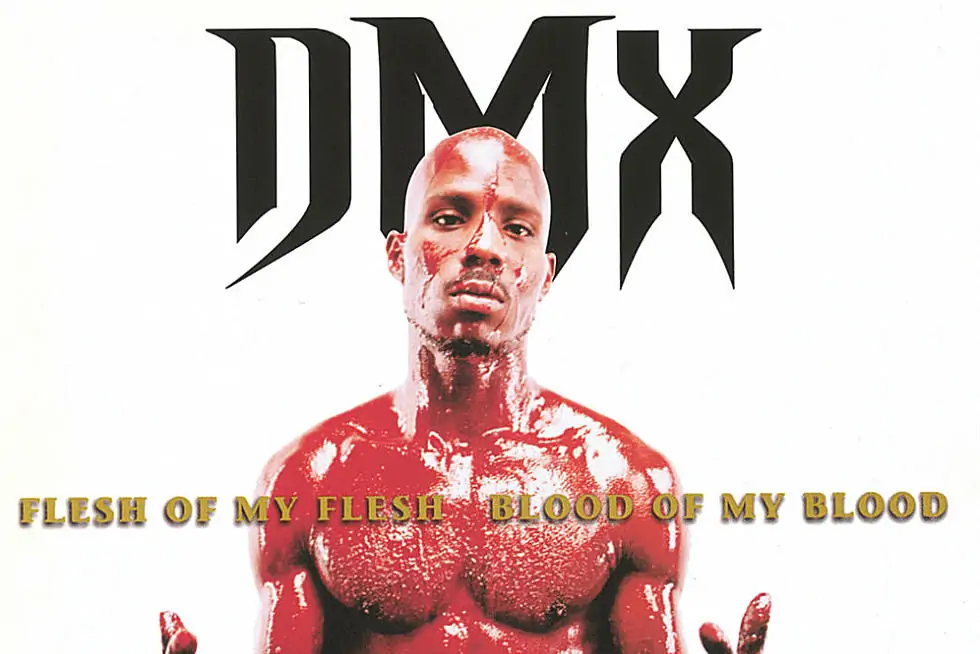A popular idiom reminds us that history is written by the victors. This lesson reigns true in the foundational story of Thanksgiving. Those of us who matriculated in an American education system are all too familiar with the scripted Thanksgiving history lesson that paints a peaceful picture of Pilgrims and “Indians” sharing a meal after their first bountiful harvest. This mythical version of history valorizes American colonizers while erasing the grave oppression and genocide perpetuated against Indigenous communities throughout the United States. An estimated 56 million Indigenous people were killed within 100 years in North, South and Central America.
As we approach another Thanksgiving season and contend with
our history, it is our collective responsibility to repudiate harmful and false
narrative about the history of Indigenous peoples that continues to carry its
legacy into today’s political climate. As you sit with friends and family at
the dinner table this Thanksgiving, here are a few ways to decolonize
narratives about Indigenous people and support them as allies:
Recognize Systems of Settler Colonialism
One of the main challenges as we work to decolonize our understanding of Indigenous histories is that the perpetuation of anti-Indigenous ideologies is built into the fabric and foundation of America. Especially in a post-Trump administration America, it is evident that the oppressions we face such as racism, misogyny, homophobia and likewise are symptoms of a settler colonialism. Settler colonialism is the, “social, political and economic system that Europeans brought with them to this continent that turns land into profit, dispossessing Native peoples from the land through forced removals, military massacres, genocide, sterilization and forced assimilation”. The success of settler colonialism is reliant on ongoing structural violence that continues to dictate our social, economic, and political systems today.
The first step in supporting Indigenous peoples is the acknowledgement that this type of colonialism is not something that happened in a distant past that we have progressed beyond or in a fictional place but rather the current prosperity of this nation is founded on the theft, genocide and blood of native communities. As non-native people living in North America, all land we live on is native land. To honor the communities that lived beneath your feet begin by learning which native peoples were historically local to that area and unlearn narratives that discredit their ownership of the land.
Reject Stereotypes
Harmful and one-dimensional stereotypes of Native American peoples permeate the way we think about these communities in the American imagination. From Disney characters to children’s books to athletic mascots, the American cultural landscape presents cartoonish and homogeneous representations of native peoples. To reject these stereotypes, it is pivotal to first remember that there are about 562 federally recognized Native American tribes in the United States, making up about 3 million in population. Despite the severe population downsizing of native peoples from the genocidal violence against them, they are not an extinct population. Rather there exists wide versatility in their tribal makeup, traditions, customs, languages, and locations.
Secondly, like the rest of us, native people are integrated in the modern technologies and lifestyle of the millennial age. While we may have a Hollywood picture of all native people living in desolate reservations with teepees and no technology, that is an outdated and one-sided view of their communities. In fact, today Indigenous communities fight to preserve their culture, traditions, and homes within a violent political system that systemically and institutionally works against them.
Lastly, due to the discreditation of native people’s culture, their traditions and representations are often tokenized. As a Washington D.C. native I still cringe in embarrassment and anger every time I come across Redskins paraphernalia. The ease through which we belittle an entire civilization into bumper stickers and jerseys speaks to the insidious repression of native culture. As you are met with these appropriations, I encourage you to be critical consumers of culture, calling out stereotypes that perpetuate the dogmas of settler colonialism in our popular culture.
Stand in Solidarity
The best people who can model for us how to be great allies are Indigenous communities themselves. While the onus should not always be on them to teach us, following in their activism and seeking out primary resources to learn from their perspective is critical. Start by showing up for contemporary Indigenous political movements, such as Idle No more and #NoDAPL. These movements lead by native community leaders model for us how we can begin, “restoring relationships with the land we live on and with the Indigenous peoples who have deep genealogies and knowledge about that land”.
While it is a hard pill to swallow to recognize that our privileges as American citizens are built on the disenfranchisement, slavery, and death of native peoples, it is the historical truth. I believe that coming to terms with this violent history is part of our civic duty. Decolonizing our historical understanding of native culture and translating that into actionable accountability begins with showing up, standing in solidarity, and supporting the movements of native peoples that seek to repair and restore dignity and power to their communities.






